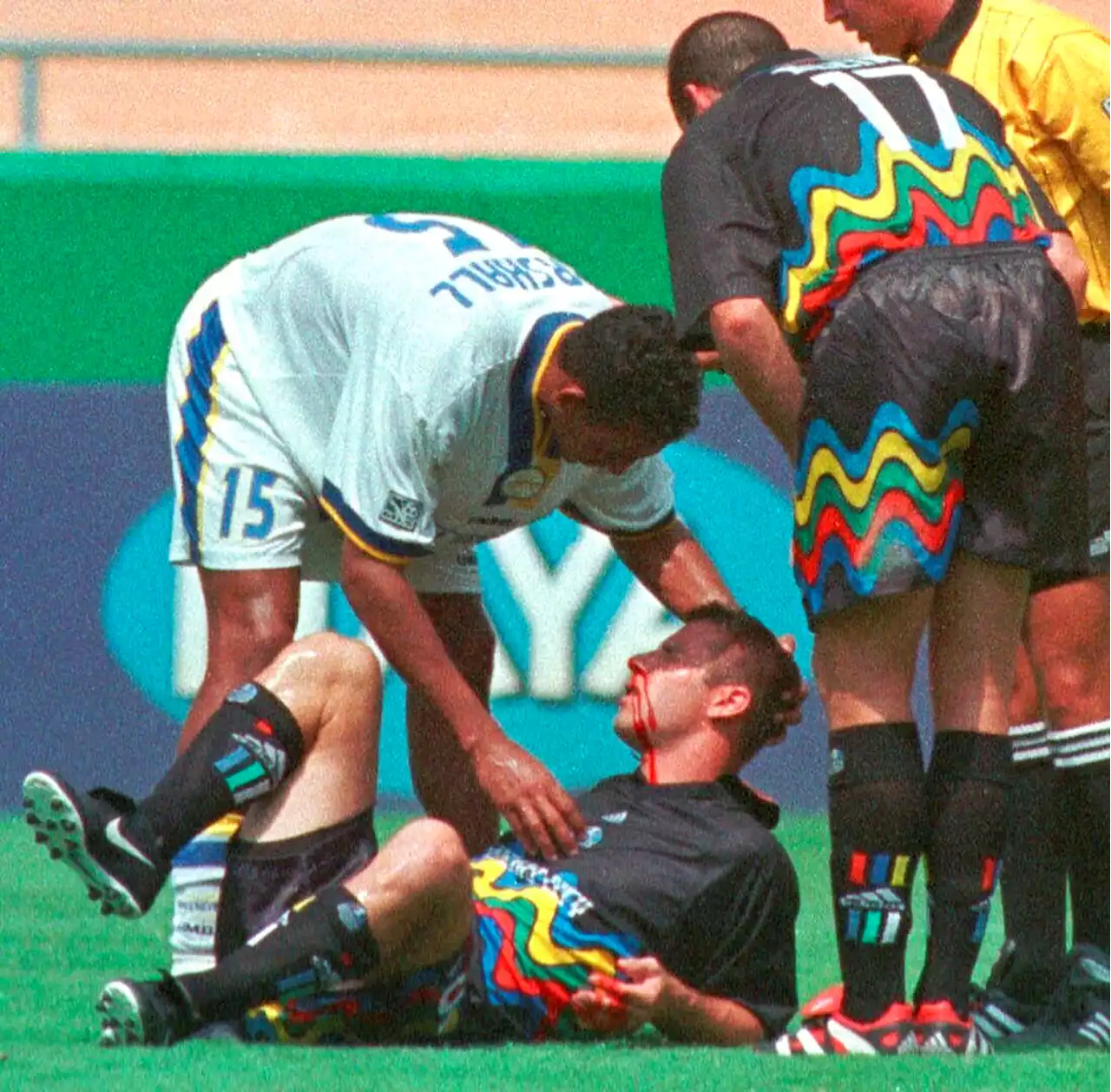Eradicating a Disease; What does it Take? Disease DiseaseEradication
Challenges Eradicating a disease has proven challenging for a variety of reasons, not least of all it has been difficult to conceptualize and define what exactly eradication of disease really means.
The Smallpox Eradication Program was deemed highly successful. This outcome was achieved on account of the fact a vaccination program could be administered in a straightforward way. The Guinea worm and polio eradication programs followed on from the SEP, but these efforts were unfortunately met with varying success, though in the case of polio the disease is now present in only a few countries – a far cry from the figure of close to 50 nations when the disease was endemic.
One way to define eradication that has been accepted by the WHO and various other organizations is the “permanent reduction to zero of the worldwide incidences of infection caused by a specific agent as a result of deliberate efforts” . Moreover, it is not possible to gain access to all parts of the world for the purpose of surveillance or for prophylaxis. This is usually due to political and military reasons. The effects of climate change may shift the geographical remit for disease occurrence. This factor has already presented us with a challenge in the case of polio.Somalia, on the horn of Africa, still has polio.
Canada Latest News, Canada Headlines
Similar News:You can also read news stories similar to this one that we have collected from other news sources.
 Yankees in Dugout Throw Chewed Gum Onto Field During Game Against A's'That’s kind of gross,' Yankees announcer Michael Kay said of some of New York's players in the dugout throwing chewed-up pieces of gum onto the field, competing in what apparently is known as 'The Bubble Gum Game.'
Yankees in Dugout Throw Chewed Gum Onto Field During Game Against A's'That’s kind of gross,' Yankees announcer Michael Kay said of some of New York's players in the dugout throwing chewed-up pieces of gum onto the field, competing in what apparently is known as 'The Bubble Gum Game.'
Read more »
 EU chief tells UK it's 'high time we get Brexit done' over Northern Ireland ProtocolEuropean Commission vice president Maros Sefcovic said it was 'high time we got Brexit done' as he fired the latest salvo against Boris Johnson's government over the Northern Ireland Protocol
EU chief tells UK it's 'high time we get Brexit done' over Northern Ireland ProtocolEuropean Commission vice president Maros Sefcovic said it was 'high time we got Brexit done' as he fired the latest salvo against Boris Johnson's government over the Northern Ireland Protocol
Read more »
 Thousands join stem cell register as search for match for sick NI teen continuesYoung Daniel's only chance of beating the disease is through a bone marrow transplant
Thousands join stem cell register as search for match for sick NI teen continuesYoung Daniel's only chance of beating the disease is through a bone marrow transplant
Read more »
 CTE Is Diagnosed in a Major League Soccer Player for the First TimeResearchers say former Sporting Kansas City defender Scott Vermillion suffered from the degenerative brain disease
CTE Is Diagnosed in a Major League Soccer Player for the First TimeResearchers say former Sporting Kansas City defender Scott Vermillion suffered from the degenerative brain disease
Read more »
 Addressing the routine failure to clinically identify monogenic cases of common disease - Genome MedicineChanges in medical practice are needed to improve the diagnosis of monogenic forms of selected common diseases. This article seeks to focus attention on the need for universal genetic testing in common diseases for which the recommended clinical management of patients with specific monogenic forms of disease diverges from standard management and has evidence for improved outcomes.We review evidence from genomic screening of large patient cohorts, which has confirmed that important monogenic case identification failures are commonplace in routine clinical care. These case identification failures constitute diagnostic misattributions, where the care of individuals with monogenic disease defaults to the treatment plan offered to those with polygenic or non-genetic forms of the disease.The number of identifiable and actionable monogenic forms of common diseases is increasing with time. Here, we provide six examples of common diseases for which universal genetic test implementation would drive improved care. We examine the evidence to support genetic testing for common diseases, and discuss barriers to widespread implementation. Finally, we propose recommendations for changes to genetic testing and care delivery aimed at reducing diagnostic misattributions, to serve as a starting point for further evaluation and development of evidence-based guidelines for implementation.
Addressing the routine failure to clinically identify monogenic cases of common disease - Genome MedicineChanges in medical practice are needed to improve the diagnosis of monogenic forms of selected common diseases. This article seeks to focus attention on the need for universal genetic testing in common diseases for which the recommended clinical management of patients with specific monogenic forms of disease diverges from standard management and has evidence for improved outcomes.We review evidence from genomic screening of large patient cohorts, which has confirmed that important monogenic case identification failures are commonplace in routine clinical care. These case identification failures constitute diagnostic misattributions, where the care of individuals with monogenic disease defaults to the treatment plan offered to those with polygenic or non-genetic forms of the disease.The number of identifiable and actionable monogenic forms of common diseases is increasing with time. Here, we provide six examples of common diseases for which universal genetic test implementation would drive improved care. We examine the evidence to support genetic testing for common diseases, and discuss barriers to widespread implementation. Finally, we propose recommendations for changes to genetic testing and care delivery aimed at reducing diagnostic misattributions, to serve as a starting point for further evaluation and development of evidence-based guidelines for implementation.
Read more »
